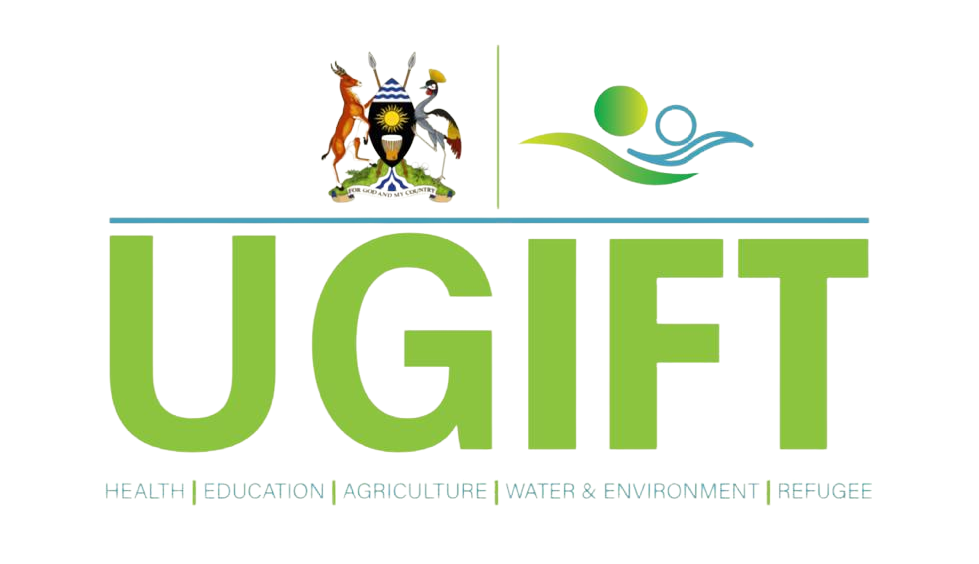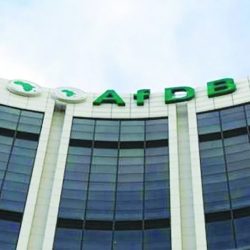Kampala: A stark divide has emerged in Uganda’s agricultural heartlands, as the Auditor General, Edward Akol, reveals the devastating impact of erratic weather patterns on the nation’s farmers. Those who have embraced irrigation are reaping the rewards of increased yields and bolstered incomes, while those reliant on the whims of nature have seen their earnings slashed in half.
Akol’s damning assessment comes amid prolonged dry spells that have ravaged crops and left farmers facing ruin. He has issued a stark warning to the government, urging them to accelerate and streamline the Micro-Scale Irrigation Programme, a joint initiative with the World Bank launched in 2020.
The programme, operating under the Uganda Intergovernmental Fiscal Transfer Programme (UgIFT), aims to provide vital support to smallholder farmers cultivating land of up to 2.5 acres across 135 districts. By facilitating access to irrigation equipment, the government hopes to mitigate the devastating effects of climate change and ensure food security.
However, Akol’s report highlights the urgent need for greater efficiency and reach. The stark contrast in fortunes between those with and without irrigation underscores the program’s potential, but also its current shortcomings.
The Auditor General’s intervention serves as a wake-up call, highlighting the urgent need for decisive action to safeguard Uganda’s agricultural sector and protect the livelihoods of its farmers. As climate change continues to wreak havoc, the government must act swiftly to ensure that the benefits of irrigation reach those who need it most.




